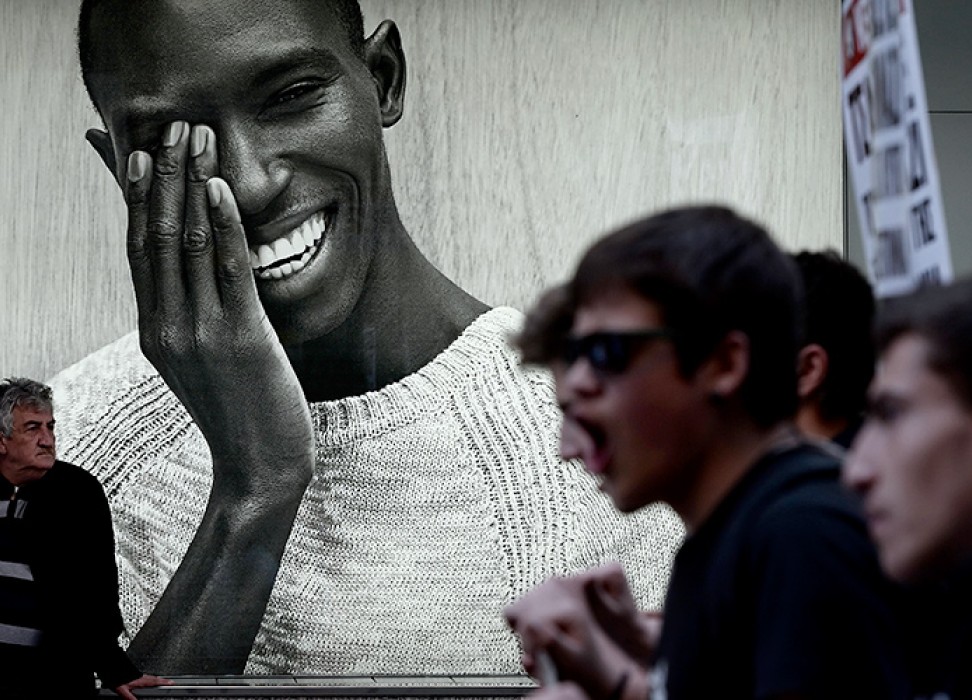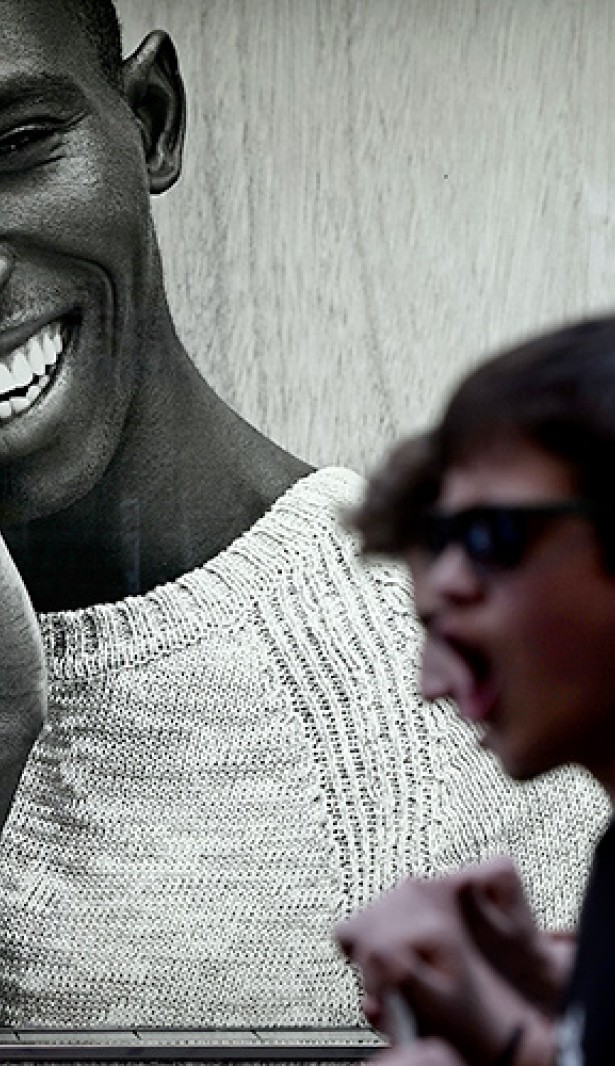Wherever it occurs, we can counter populist extremism
21 March 2019

"Nationalism and populism offer no real solutions to the complex challenges societies face. They are often grounded in conspiracy theories, echoing and amplifying through social media, where unchecked lies become reality," said Michelle Bachelet, UN Human Rights chief.
For Bachelet, nationalism is the opposite of patriotism as it increases division and violence, and creates more unsafe societies.
Bachelet was speaking at the Human Rights Council in Geneva, Switzerland, where experts sough to dissect the various regional dimensions of nationalist populism while reflecting on possible solutions. She advocated for condemning hate speech, and for Governments and digital media companies to protect fundamental rights online.
Sithembile Mbete, Lecturer at the University of Pretoria, South Africa, shared worrying statistics on the increase of far-right ideologies in the past two decades. Whereas then populist parties only accounted for seven per cent of votes across the European continent, one in four Europeans now vote for populists, according to a survey by the Guardian newspaper she quoted. Her own country, Mbete said, has not been exempted from that trend
For Mbete, using the various instruments in the UN human rights machinery that deal with racial discrimination would play a seminal role in countering the rising tide of extreme supremacist ideologies. "The world faced and acted against such ideologies before, we owe it to future generations to continue the struggle and eliminate all forms of racial discrimination for good," she added.
In Latin America, a significant social change was the result of the struggle for greater political participation and empowerment of various sectors of the population that were historically 'invisible', said Pedro Mouratian, Diversity Director of the Governance Study Centre (Centro de Estudios para la Gobernanza) of Argentina.
However, new speeches and attitudes have put those achievements at risk, he said, also pointing out that these discourses tend to do well with majorities who distrust liberal democracies and reject the globalization model.
"Political parties fail to provide adequate answers to the questions that prevail, and authoritarian groups emerge that place the republican structures themselves as the axis of social problems, instead of focusing on the lack of social policies and inclusion," Mouratian said.
For Mouratian, it was necessary to reconstruct the nation by integrating new perspectives that contain the richness of social and cultural diversity, that also continue to give democratic depth to the States in the region.
We need cultural and conceptual shifts
The 'movement' dimension of contemporary racism alarmed Rafal Pankowski. A member of the 'NEVER AGAIN' Association in Poland, Pankowski said that extremism was not only the bane of political parties, but also manifested itself through street movements, extremist networks built around the football culture, and groups born of online racist propaganda. He described these new forms of cultural racism as manifested in popular culture.
"Nevertheless, popular culture can also serve as a truly emancipatory force in today's struggles for racial justice, Pankowski said. "Despite structural limitations implicated by the structure of the global media, the genuine anti-racist message can be delivered through various channels of contemporary popular culture with impressive examples of popular cultural heroes such as Mohammed Ali and Bob Marley to name just two."
For Irene Santiago, Specialist on peace and security, and Peace Adviser to the Mayor of Davao City, Philippines, it is time for a "conceptual shift" around populism.
"Populism is invariably a reaction to the status quo. There is fear and insecurity about the present as it relates to an imagined future wrought with uncertainties," she said.
"'The people' who benefit from or are responsible for that status quo become the 'them'. 'The people' who are marginalized and suffer are the 'us'. 'The other' becomes the focus of all hate or fear or elimination. In Southeast Asia, we have authoritarian populists who position themselves as the saviours and protectors of the people from wrongs 'they' inflict on 'us'."
Six years after the 9/11 terrorist attack, Santiago recalled, a conceptual shift occurring. From the erstwhile 'war on terror' emerged a new concept: the 'prevention of violent extremism'.
"Shouldn't there be a conceptual shift, too, in this matter we call populism?" she asked. "Since, in the end, populism is about power, could its meaning shift from authoritarianism and the concentration of power to democracy and the redistribution of power to include everyone?"
For Santiago, new laws and policies are not enough. "Unless the political culture also changes - unless citizens come to think, feel and act in ways that genuinely accommodate the needs and aspirations of others - real change will not happen."
Each year, the world commemorates the International Day against Racial Discrimination on 21 March and remembers the 69 protesters who were killed that day in 1960 in South Africa while demonstrating against the racist ideologies of Apartheid. On this day, the world is reminded of the values of racial equality and non-discrimination first enshrined in the Universal Declaration of Human Rights.
21 March 2019
